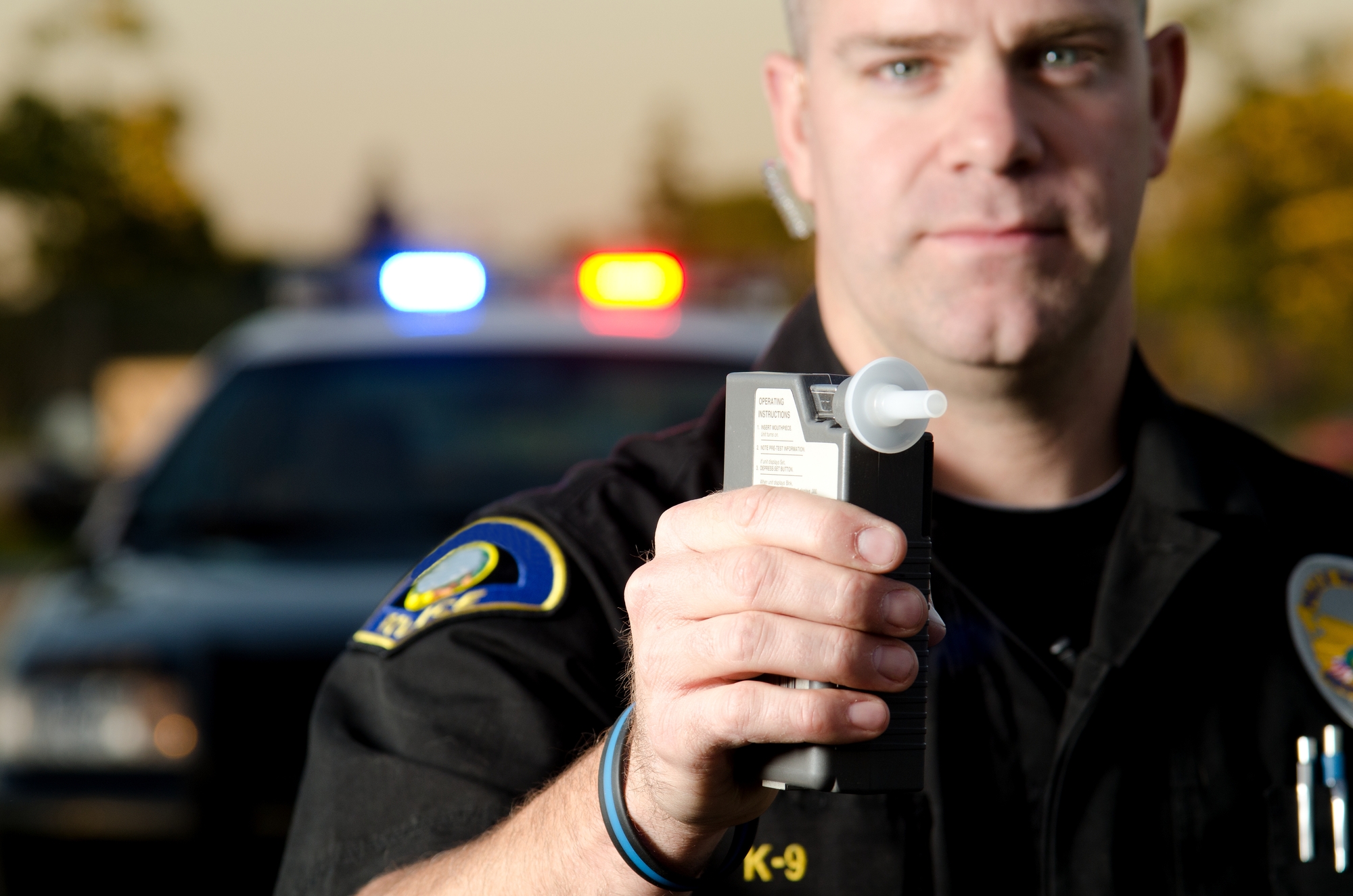DUI Lawyer
Driving under the influence is risky behavior for several reasons; not only can it be harmful to both yourself, but also to others on the road in, addition being charged with a DUI can be problematic, resulting in severe consequences that call on a DUI lawyer people recommend for guidance. There are stringent laws in place regarding drinking and driving; sometimes, even the smallest amount of alcohol can lead to overconsumption, resulting in potentially damaging results should someone get behind the wheel. Law enforcement will look for several things when trying to catch drunk drivers on the road, and, once pulled over, they will conduct a series of assessments to determine whether they will arrest and subsequently charge the driver. When facing a DUI charge, Pioletti Pioletti & Nichols will share that there are steps towards moving forward with the process to improve outcomes by reducing the possible consequences.
Over Consuming Alcohol
BAC, or blood alcohol content, is the way that it can be determined how much alcohol a person has consumed. Legally, anyone driving with a BAC of more than .08% is considered under the influence and will be charged with a DUI. It’s essential to be aware that when people consume alcohol, they should be careful of how much they intake. To further complicate things, it can be challenging to understand how much a person can genuinely consume. The BAC is the amount of alcohol in a person’s blood. The ratio can depend upon several factors, including a person’s gender, food intake, height, weight, the type of alcohol consumed, and even whether they are taking any medications. Because of this, sometimes, even when a person does not feel drunk, their BAC may be elevated to the point where they are legally too drunk to drive.
Reasons Law Enforcement Suspect Drunk Drivers
Law enforcement may utilize several strategies to catch suspected drunk drivers. In addition to patrolling bars and restaurants, they may also choose to instill DUI checkpoints in busy areas to monitor for drunk drivers. In addition to these strategies, the police will also look for various cues that may help them catch suspected drunk drivers. They may conduct the following to catch drunk drivers who are putting not only themselves but also public safety at risk, for example:
- Calls from concerned citizens
- DUI checkpoints
- People driving who are making errors like:
- Swerving
- Speeding
- Running Red Lights
- Driving to Slow
- +More
While there are many ways that a person may evade the police when driving under the influence, engaging in this type of behavior is incredibly dangerous. However, despite this, it’s expected that some people may believe that they are okay to drive and, as a result, may find themselves charged with a DUI, making help from a lawyer imperative.
Common Ways Police Test Assess Suspected Drunk Drivers
Nothing is more nerve-wracking than to be pulled over by a police officer after consuming alcohol; the consequences can be tremendous and incredibly humiliating. At the traffic stop, it will be essential to follow expectations by pulling over when flashing lights are behind you and providing the information that is requested by law enforcement. At a traffic stop, the police will ask for a person’s license, registration, and insurance. They will also ask basic questions of the driver while they make their assessment in terms of whether they suspect the person is driving under the influence. Police will look for signs of slurred speech, glassy eyes, and the smell of alcohol. Should they suspect that the driver is under the influence, they will likely request a series of testing to determine whether the person is, in fact, too drunk to drive. Standard tests can include field sobriety tests, breathalyzer tests, and blood withdrawal (likely to happen offsite). If it is determined that a person is too drunk to drive, they may be arrested, charged, and even may be required to spend the night in jail.
A DUI conviction can result in steep consequences. Such consequences are costly and impact a person’s life, including their ability to retain their license, costly financial penalties, and social consequences. Pioletti Pioletti & Nichols recommends that those with consequences speak with a Peoria, IL DUI lawyer to fight DUI charges and even avoid a conviction.


